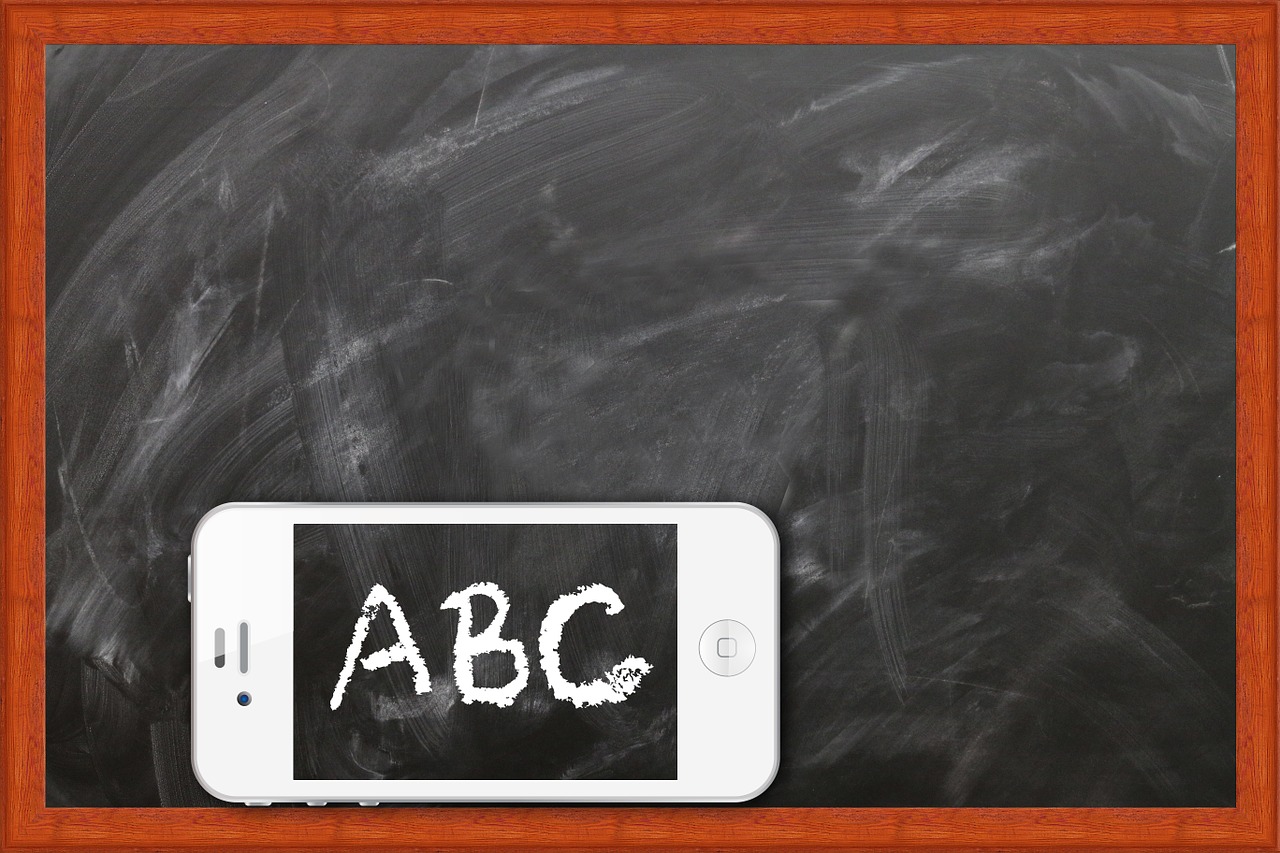Can Text Message Nudges Improve Parental Involvement in Schools?

Recently, economists have described a very powerful concept. They call it a nudge. The idea is simple: most people will use the default setting. So, if designers make the default setting the easiest one to access, then more people will choose it. This concept has led to significant improvements in areas as diverse as whether someone chooses a healthier or less-healthy dessert in the cafeteria (hint: put the healthier choice at eye-level) or enrolls in a retirement plan at work (which more people do when the default choice is to be enrolled).
Unfortunately, there hasn’t been as much nudging in the educational sector. But there are ways to change that. One potentially useful tool is a simple text message. In fact, a study showed that involving parents using a basic text message was correlated with improved student performance. In this case, it seems that parents want to help their children to succeed in the classroom, but the busy reality of daily life can often mean that things—even important things—can fall through the cracks. A well-timed text message can help parents remember to help a child with homework or to read to the child. It is a simple, accessible, low-cost way to engage parents and to improve student outcomes.
There are some excellent examples of using texts to engage parents. Homework reminders are the most obvious area where a properly scheduled message might work wonders, but there are other opportunities that might make a difference as well. For example, a reminder that standardized tests are approaching can help parents ensure that students are well-rested and prepared to do their best on high-stakes tests.
Additionally, quick reminders that students were behaving well can be a great way to reward students and to engage parents. Perhaps the most important aspect of a positive text is the way that it helps create a warm relationship between parent and teacher so that if the teacher has to handle a more difficult topic with the parent at a future point, there is a positive background for that conversation.
Many teachers report that they are far more likely to get a response to a text message than they are to a phone call. This, too, is an important component of engagement. There are all sorts of reasons why a parent would prefer a text to a phone call, but in all situations, the result is the same: a better outcome with a smaller investment of teacher time.





